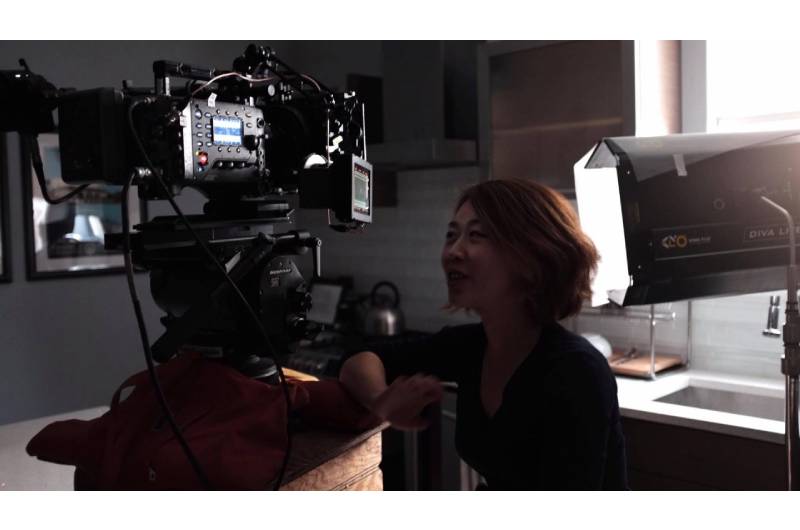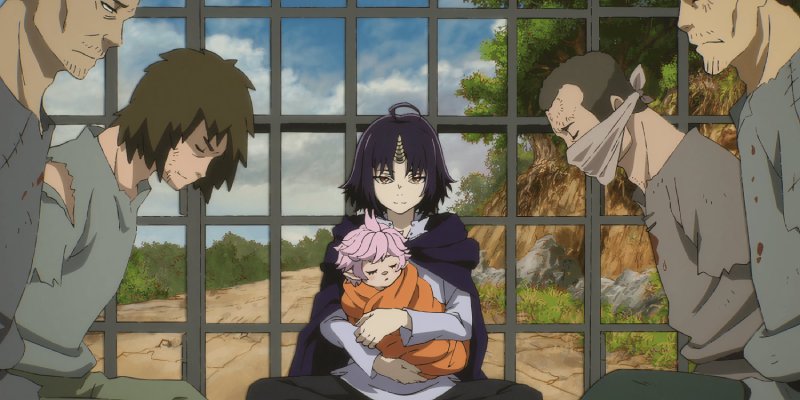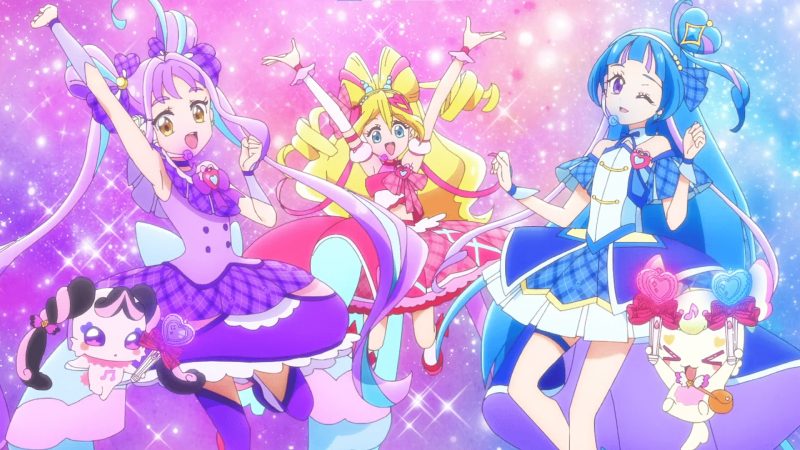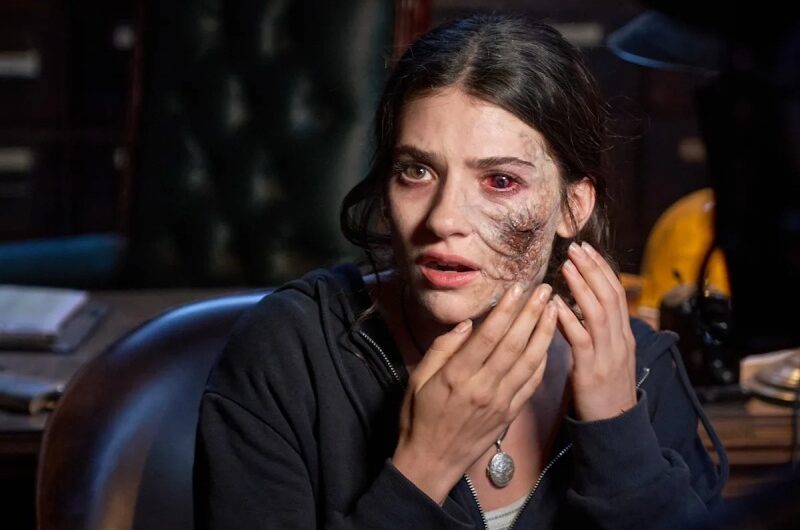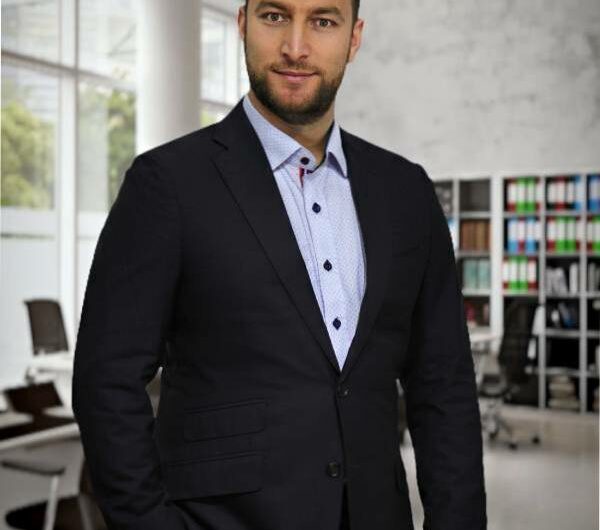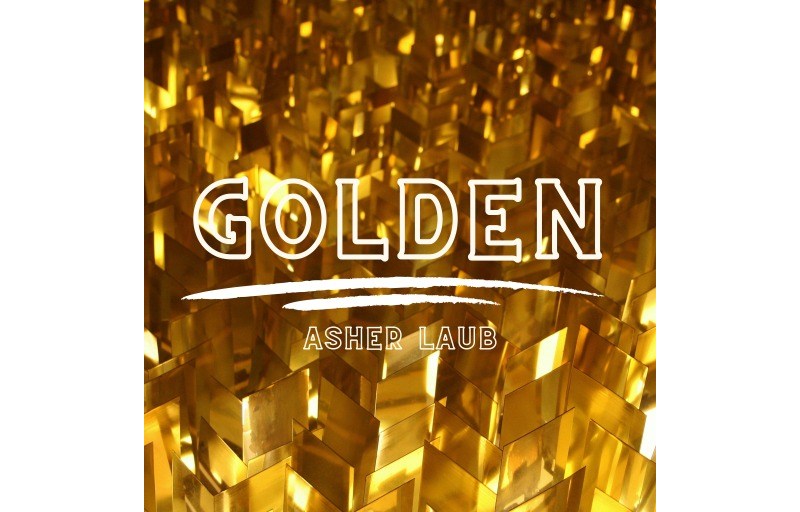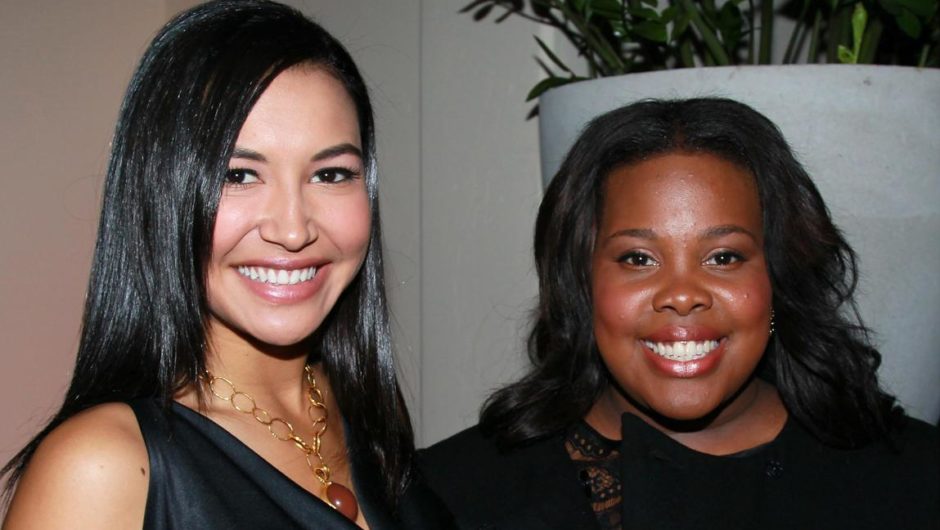“A people without the knowledge of their past history, origin, and culture is like a tree without roots.” – Marcus Garvey
If one thing is true, it’s the fact that everything we do, no matter how grand or trivial at first sight, has a profound effect on the world around us. A single moment, a few spoken words, or an act of kindness can leave an unforgettable impression and define us. Telling a compelling story can evoke emotions in others and even has the power to change lives We are known for the mark we leave on the people around us and what we achieve during our lifetime.
That’s why history is so important. The past not only defines who we are, it’s etched into our souls. It paves the way for our future, molding and shaping it, and in turn, creating everlasting memories that become a part of who we are. Elenore Pan grew up in the post second Sino-Japanese war in China. Her grandparents had some brief first-hand experience in the war-torn times, and her parents witnessed the reformation in the late 70s into early 80s themselves.
Elenore herself never experienced what it is like to not live in free economy and could only buy meat with government issued tickets. But those stories have always fascinated her and made her feel curious about modern Chinese history.The aftermath of the tragedies of the war had a profound effect on Elenore. She felt empathetic towards the victims of war and she was grateful to have been born in a modern time period. Her parents always encouraged her to do more, be more, and chase her dreams, and those first-hand experiences of her families seem so far away
It made her wonder: what would her life be like had she been born during the Sino-Japanese war?
That’s why, when she came across the “TO THE MOON” documentary project, she knew that it was meant to be. She was invited to be the post-production producer for an autobiographical documentary on the modern Chinese artist, Liu Guo-Song, by CAM (Chinese Arts Media) Lab at Harvard University.
Liu Guo-Song is an exceptional Chinese artist whose main focus is modern Chinese paintings. He was born before the Republic of China was founded and spent most of his life studying art in Taiwan and Hong Kong. His life epitomizes the turbulence of the modern Chinese history, and his paintings left unreplaceable marks in the evolution of modern Chinese art. Having an extraordinary sensibility for the arts at an early age herself, for Elenore, Liu Guo-Song is an inspiration and role model.
She was spellbound by the idea of examining the harsh realities of the war and the struggles at the time through a modern lens, and through a personal story. The more she studied about the subject, Liu Guo-Song, the more she empathized with the artist’s pain. She became eager to tell this person’s life story in the light of a country’s history to a global audience—a history that was so keen, and yet so far away to Elenore simultaneously. She wanted to learn more about the history of her people and then tell that story from a universal perspective.
While her prime focus was on the artist, the opportunity helped Elenore connect with her Chinese roots. It helped open an entire world to her. She learned about her culture, language, people, and their history from a new perspective. She realized that, despite different nationalities and cultural differences, the search for home and a sense of belonging, both culturally and physically, is something that every audience can relate to.
Having travelled, sojourned, and lived in so many countries, Elenore made a conscious choice to focus on the universality of human emotions instead of differences, and the TO THE MOON documentary became the perfect creative outlet to exercise her belief.
As Ignancy Jan Paderewski once said, “The culture of any country is gauged first by its progress in art.” Elenore believes that nothing could be truer than this.
Watch the trailer for the documentary, “To the Moon” here.
Topics #‘To the Moon’ and Back #Keeping it Reel #To the Moon
